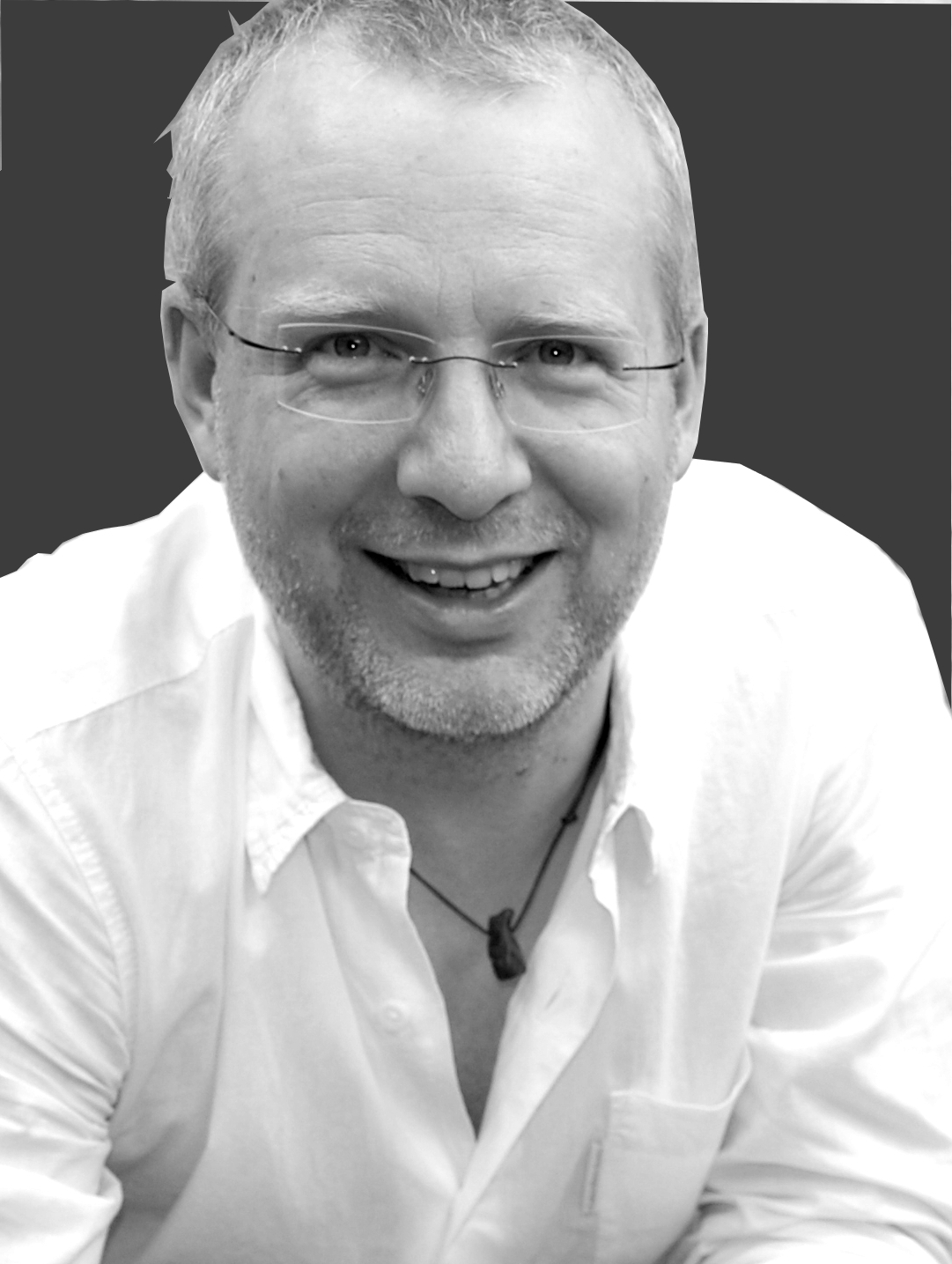


Institute of Formal and Applied Linguistics
Charles University, Czech Republic
Faculty of Mathematics and Physics
The digital humanities—the “computational linguistics” for the rest of the humanities?
Abstract:
The digital humanities are all the rage—and scholars, funders, and the feuilleton are debating just what digital humanities are. Many of the definitions revolve around the digitization of sources, the use of quantitative methods, fancy visualizations, and “big data.” However, there is very little talk about what the goals of using computers in the humanities are. Are the digital humanities merely about accelerating research, or can they actually advance scholarship?
Compared to other humanities disciplines, linguistics has had a head start when it comes to the use of computers, and—as a computational linguist—I think it is instructive to consider the example of computational linguistics when discussing the digital humanities. In view of this, I believe it is not the application of tools, but rather the introduction of formal modeling into humanities research that will actually advance scholarship.
In this talk, I will discuss the role of modeling for the advancement of the humanities and some of my own work at the Leibniz Institute of European History on controlled vocabularies and the application of Semantic Web technologies for historical research.
Michael Piotrowski leads the digital humanities research activities at the Leibniz Institute of European History in Mainz, Germany, where he
also heads several projects, including the institute's contributions to DARIAH-DE. His current research interests are language technology for historical texts, knowledge representation in the humanities, and document engineering. He is the author of the first text book on NLP for historical texts (published by Morgan & Claypool). Michael holds an M.A. in computational linguistics, English philology, and applied linguistics from Friedrich Alexander University Erlangen–Nuremberg, Germany, and a doctoral degree in computer science from Otto von Guericke University Magdeburg, Germany. He is the co-founder and co-organizer of the bi-annual international workshop series on Systems and Frameworks for Computational Morphology (SFCM).
